The relentless march of technology sees us upgrading our gadgets every few years – iPhones, processors, graphics cards – with older hardware often resold or discarded. Yet, surprisingly, many outdated devices remain functional and even crucial. Here are eight examples of vintage tech defying obsolescence:
Table of Contents
- Retro Computers Mining Bitcoin
- A Reliable Mechanic's Assistant Since the '80s
- Vintage Tech as a Bakery POS System
- Outdated Systems Managing Nuclear Arsenals
- Windows XP Powers Multi-Billion Dollar Aircraft Carrier
- Critical Airport Infrastructure Fails Due to Legacy Software
- Classic Hardware in Cutting-Edge Research
- Nostalgia's Enduring Influence
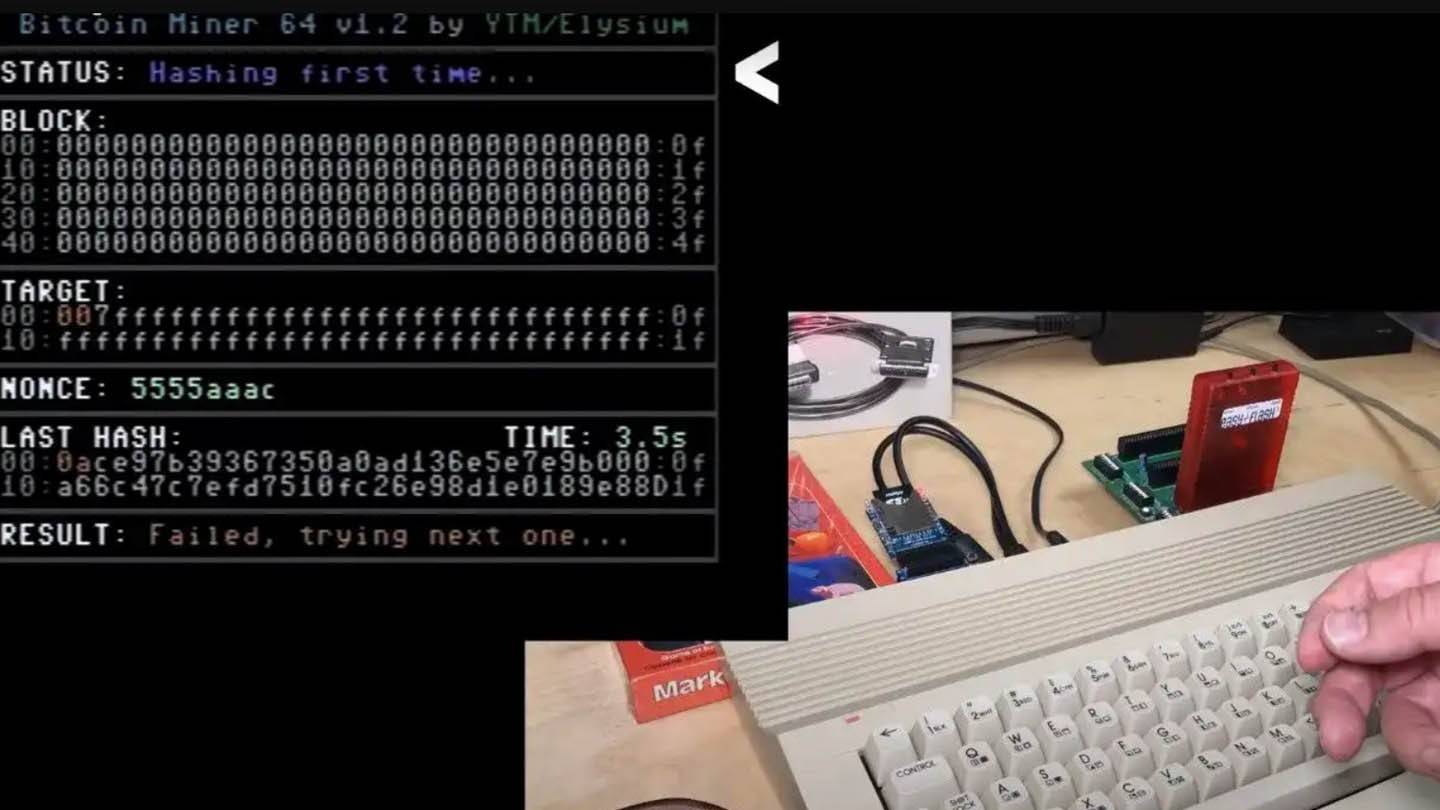 Image: x.com
Image: x.com
Retro Computers Mining Bitcoin: A Commodore 64 (1982) was shown to mine Bitcoin, albeit incredibly slowly (0.3 hashes per second). Similarly, a Game Boy (1989) connected to a Raspberry Pi managed to run mining software, though its hashing rate (0.8 hashes per second) is minuscule compared to modern ASIC miners. These experiments highlight the vast difference in processing power between vintage and modern hardware.
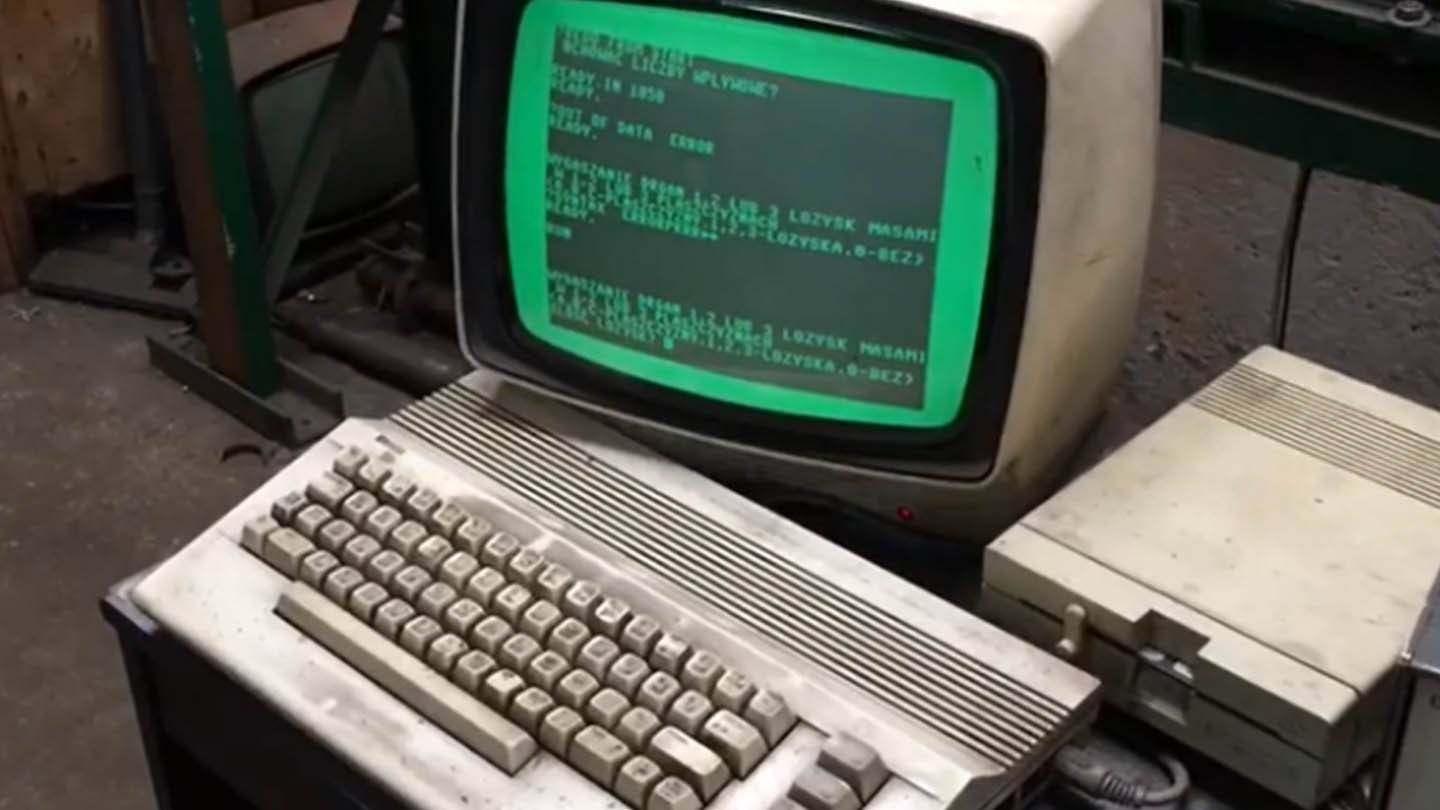 Image: x.com
Image: x.com
A Reliable Mechanic's Assistant Since the '80s: A Commodore 64C in Gdansk, Poland, has aided mechanics for over 30 years, performing drive shaft calculations despite a past flood. Its simple, reliable software continues to function flawlessly.
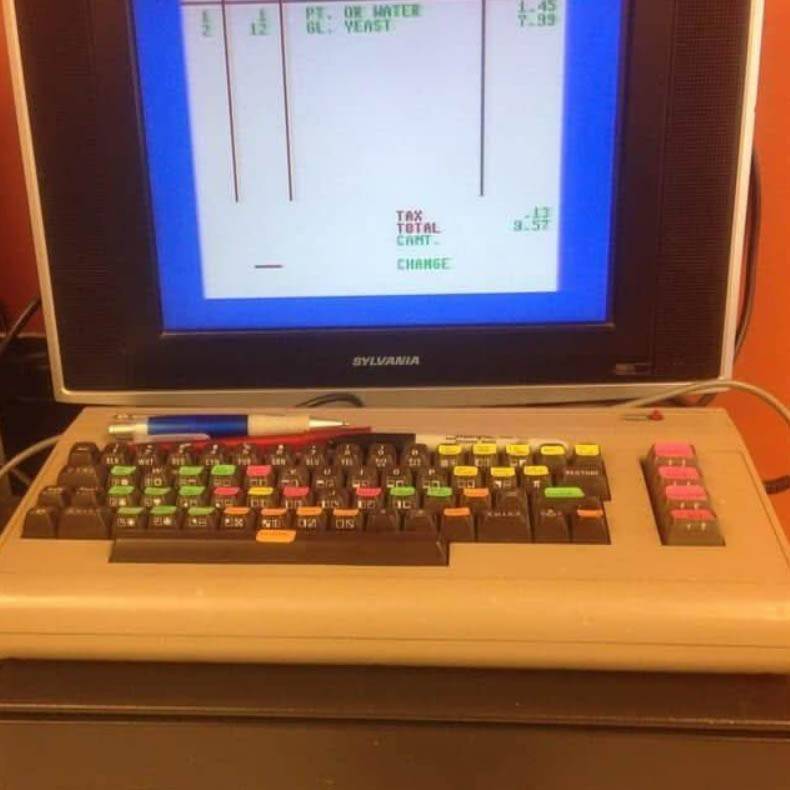 Image: x.com
Image: x.com
Vintage Tech as a Bakery POS System: An Indiana bakery has used a Commodore 64 as a POS system since the 1980s. Its simplicity and lack of complex software updates contribute to its enduring reliability.
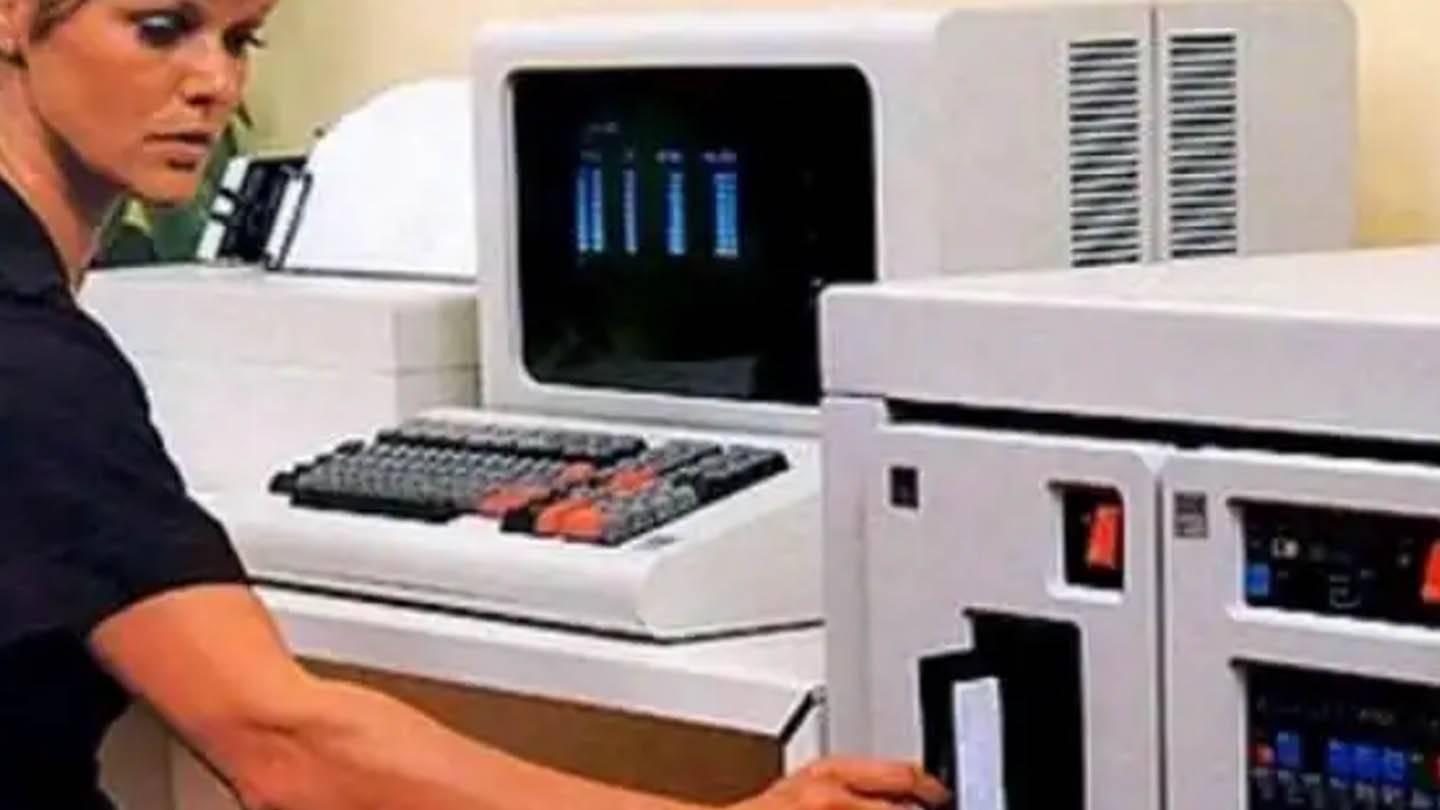 Image: x.com
Image: x.com
Outdated Systems Managing Nuclear Arsenals: The US utilizes a 1976 IBM computer (using 8-inch floppy disks) to manage its nuclear arsenal, emphasizing the priority placed on proven reliability over immediate modernization. Similarly, German naval frigates use 8-inch floppy disks, with upgrades involving emulators rather than complete system replacements.
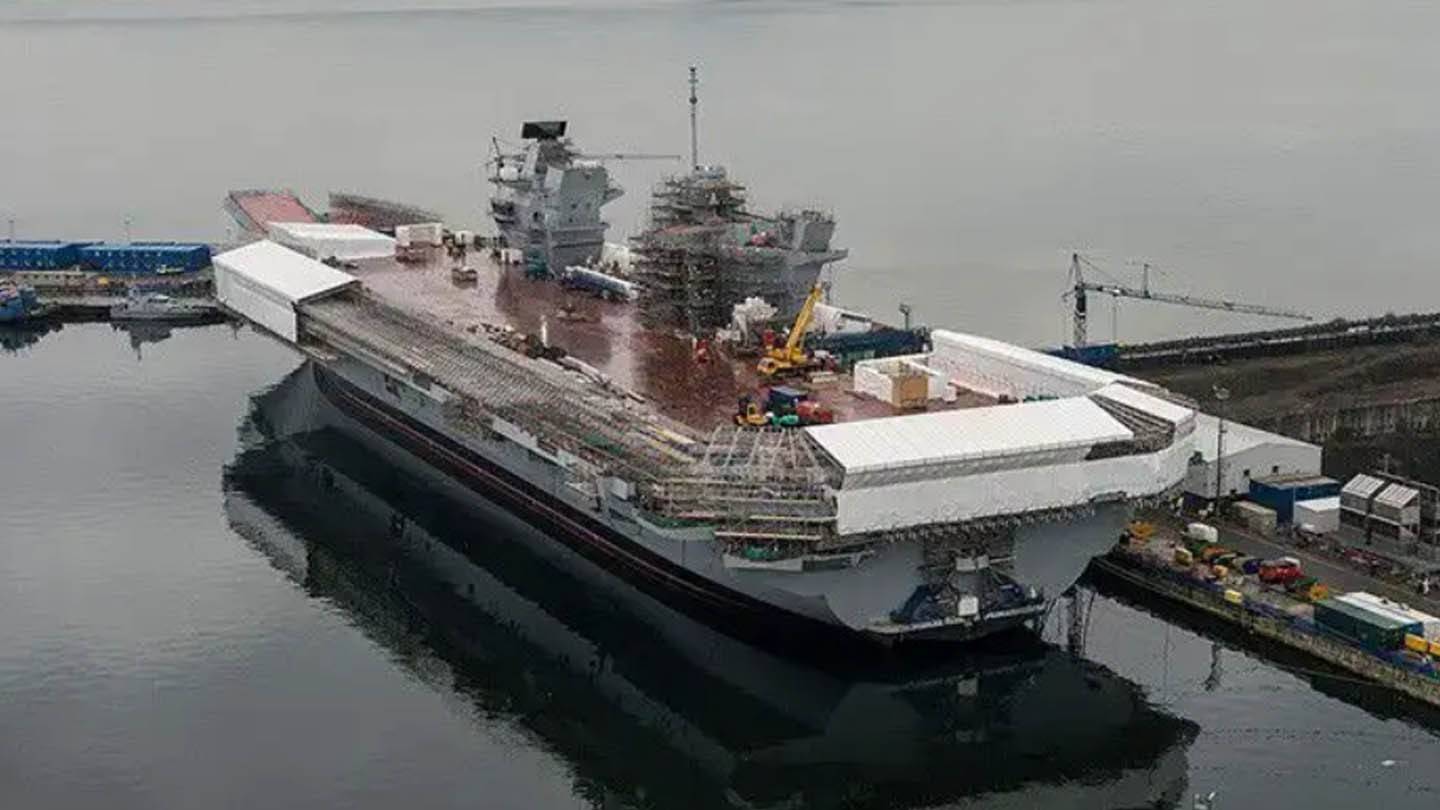 Image: x.com
Image: x.com
Windows XP Powers Multi-Billion Dollar Aircraft Carrier: The HMS Queen Elizabeth, a multi-billion dollar aircraft carrier, runs on Windows XP (support ended 2014), raising concerns despite the Royal Navy's assurances of robust security measures. Similarly, British Vanguard-class submarines use Windows XP for missile management, highlighting the challenges of upgrading critical, offline systems.
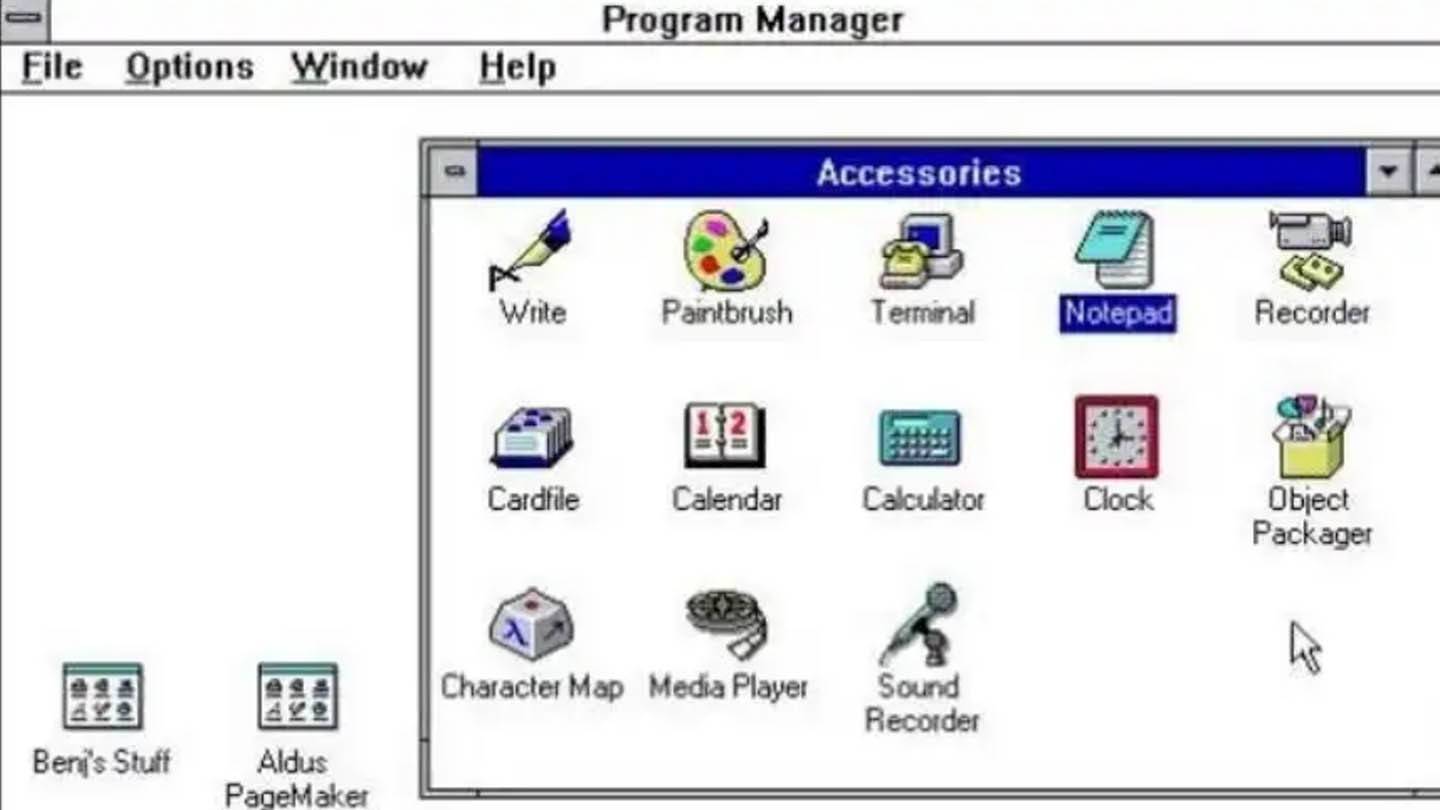 Image: x.com
Image: x.com
Critical Airport Infrastructure Fails Due to Legacy Software: A 2015 failure at Paris Orly Airport, caused by a Windows 3.1 crash, underscored the risks associated with relying on outdated software for critical airport infrastructure.
Classic Hardware in Cutting-Edge Research: While not explicitly detailed in the original text, retro computers are frequently used in educational and research settings for their simplicity in teaching fundamental computing principles and simulating basic experiments.
Nostalgia's Enduring Influence: Many organizations maintain legacy systems due to familiarity, established workflows, or the avoidance of costly upgrades.
These examples demonstrate the surprising resilience of outdated technology. From cryptocurrency mining to nuclear arsenal management, legacy systems highlight the enduring value of simplicity and reliability, even as modernization efforts continue.















